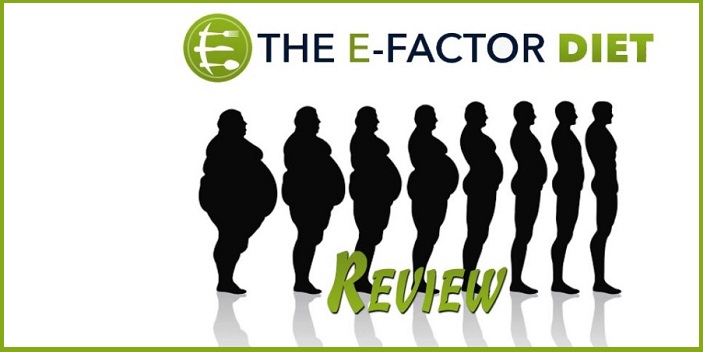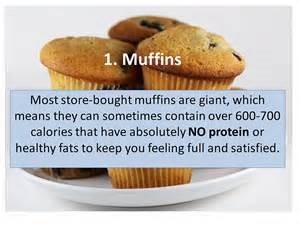MGO, a glucose metabolite, can temporarily destroy the BRCA2 protein, reducing its levels in cells and inhibiting its tumor-preventing ability.
Via friends at epochtimes. You may have heard that sugar feeds cancer cells, and evidence supports that. However, the missing link in this narrative has been a thorough understanding of just “how” sugar feeds cancer—until now. A recent study published in Cell in April uncovers a new mechanism linking uncontrolled blood sugar and poor diet with cancer risk.

The research, performed at the National University of Singapore’s Cancer Science Institute of Singapore, and led by professor Ashok Venkitaraman and Li Ren Kong, a senior research fellow at the University of Singapore, found a chemical released when the body breaks down sugar also suppresses a gene expression that prevents the formation of tumors.
This discovery provides valuable insights into how one’s dietary habits can impact their risk of developing cancer and forges a clear path to understanding how to reverse that risk with food choices.
Methylglyoxal–A Temporary Off Switch
It was previously believed that cancer-preventing genes must be permanently deactivated before malignant tumors can form. However, this recent discovery suggests that a chemical, methylglyoxal (MGO), released whenever the body breaks down glucose, can temporarily switch off cancer-protecting mechanisms.
Mr. Kong, first author of the study, stated in a recent email: “It has been shown that diabetic and obese individuals have a higher risk of cancer, posing as a significant societal risk. Yet, the exact cause remains debatable.
“Our study now unearthed a clue that may explain the connection between cancer risk and diet, as well as common diseases like diabetes, which arise from poor diets.
“We found that an endogenously synthesized metabolite can cause faults in our DNA that are early warning signs of cancer development, by inhibiting a cancer-preventing gene (known as the BRCA2).”
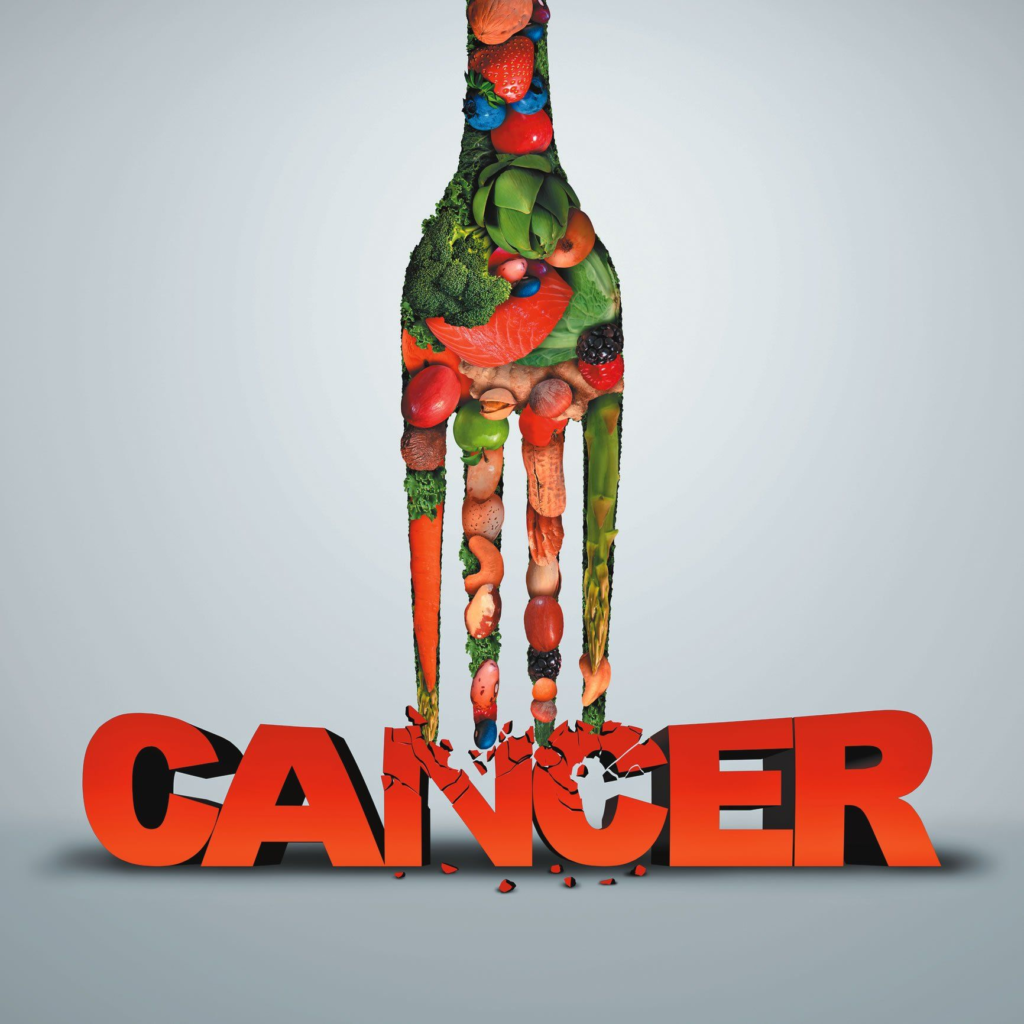
BRCA2 is a gene that repairs DNA and helps make a protein that suppresses tumor growth and cancer cell proliferation. A BRCA2 gene mutation is associated primarily with a higher risk of developing breast and ovarian cancers, as well as other cancers. Those with a faulty copy of the BRCA2 gene are particularly susceptible to DNA damage from MGO.
However, the study showed that those without a predisposition to cancer also face an increased risk of developing the disease from elevated MGO levels. The study found that chronically elevated levels of blood sugar can result in a compounded increase in cancer risk.
“This study showcases the impact of methylglyoxal in inhibiting the function of tumour suppressor, such as BRCA2, suggesting that repeated episodes of poor diet or uncontrolled diabetes can ‘add up’ over time to increase cancer risk,” Mr. Kong wrote.
The Methylglyoxal and Cancer Relationship
MGO is a metabolite of glucose—a byproduct made when our cells break down sugar, mainly glucose and fructose, to create energy. MGO is capable of temporarily destroying the BRCA2 protein, leading to lower levels of the protein in the cells and thus inhibiting its ability to prevent tumor formation. The more sugar your body needs to break down, the higher the levels of this chemical, and the higher your risk of developing malignant tumors.
“Accumulation of methylglyoxal is found in cancer cells undergoing active metabolism,“ Mr. Kong said. ”People whose diet is poor may also experience higher than normal levels of methylglyoxal. The connection we unearthed may help to explain why diabetes, obesity, or poor diet can heighten cancer risk.”
MGO is challenging to measure on its own. Early detection of elevated levels is possible with a routine HbA1C blood test that measures your average blood sugar levels over the past two to three months and is typically used to diagnose diabetes. This new research may provide a mechanism for detecting early warning signs of developing cancer.
“In patients with prediabetes/diabetes, high methylglyoxal levels can usually be controlled with diet, exercise and/or medicines. We are aiming to propose the same for families with high risk of cancers, such as those with BRCA2 mutation,” Mr. Kong said.
More research is needed, but the study’s findings may open the door to new methods of mitigating cancer risk.
“It is important to take note that our work was carried out in cellular models, not in patients, so it would be premature to give specific advice to reduce risk on this basis. However, the new knowledge from our study could influence the directions of future research in this area, and eventually have implications for cancer prevention,” he said.
“For instance, poor diets rich in sugar or refined carbohydrates are known to cause blood glucose levels to spike. We are now looking at larger cancer cohorts to connect these dots.”
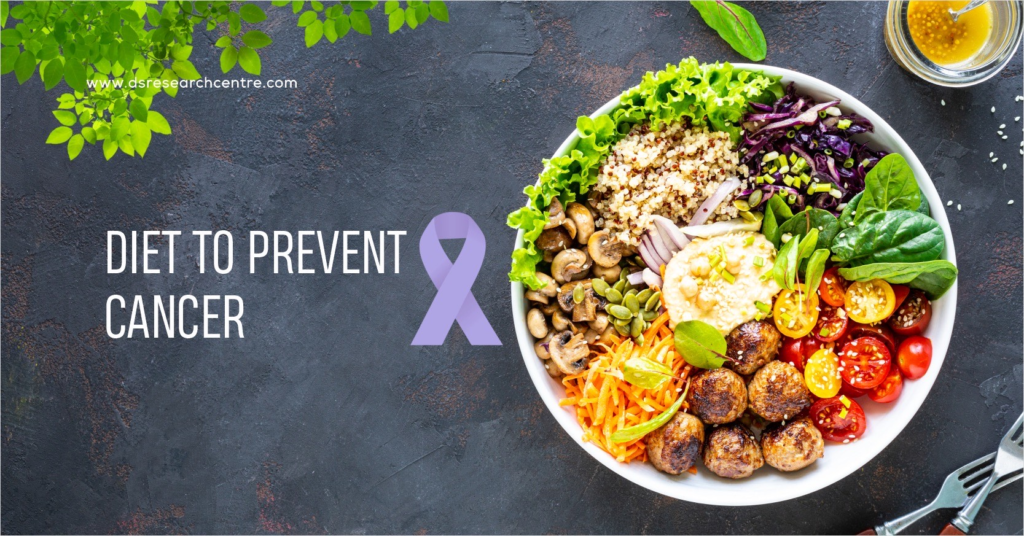
The Diet and Cancer Connection
Dr. Graham Simpson, medical director of Opt Health, stated in an email: “It’s genes loading the gun, but your lifestyle that pulls the trigger. Every bite of food you take is really information. It’s either going to turn on your longevity genes or it’s going to turn on your killer genes. So cancer is very much in large part self-induced by the individual diet.”
A 2018 study published by Cambridge University Press found an association between higher intakes of sugar-sweetened soft drinks and an increased risk of obesity-related cancers. Research published in the American Journal of Clinical Nutrition in 2020 concluded that sugars may be a risk factor for cancer, breast cancer in particular. Cancer cells are ravenous for sugar, consuming it at a rate 200 times that of normal cells.
Healthy Dietary Choices for Reducing Cancer Risk
A consensus on the best dietary approach for reducing cancer risk has yet to be determined, and further research is needed. However, the new findings of the Cell study on MGO support reducing sugar intake as a means to mitigate cancer risk. A study published in January in Diabetes & Metabolism shows that a Mediterranean diet style of eating may help reduce MGO levels.
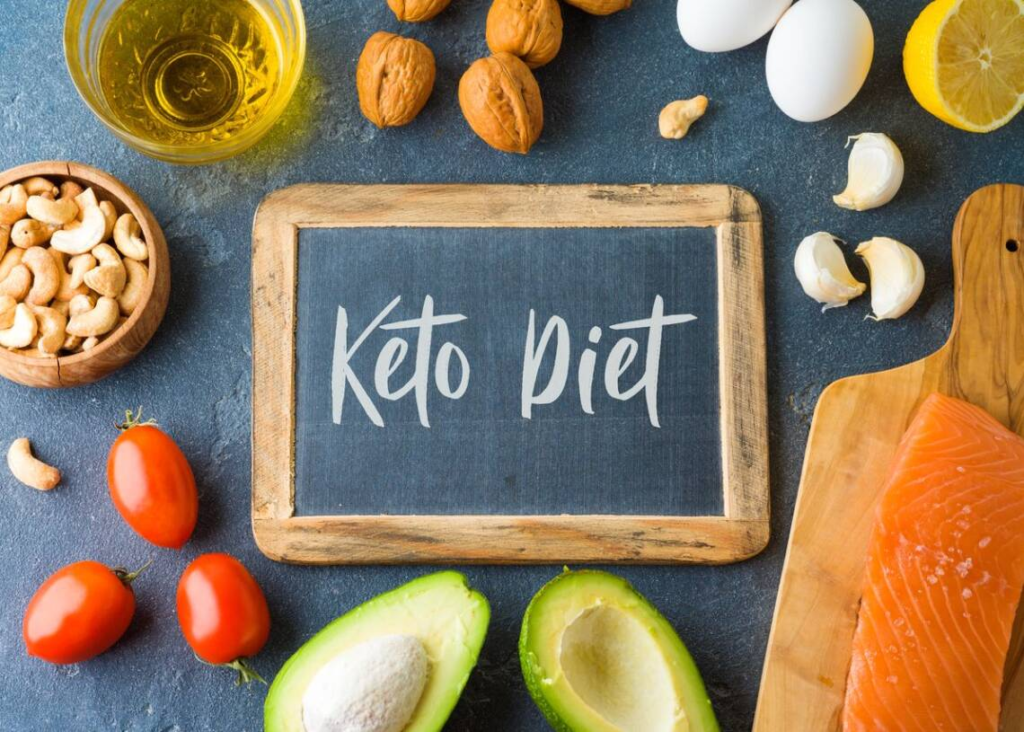
In 2023, a study published in Cell determined that a ketogenic diet may be an effective nutritional intervention for cancer patients as it helped slow the growth of cancer cells in mice—while a review published in JAMA Oncology in 2022 found that the current evidence available supports a plant-enriched diet for reducing cancer risk.
Dr. Simpson stressed the importance of real food and healthy macronutrients with a low-carb intake for the health of our cells. “The mitochondria is the most important signaling molecule and energy-producing organelle that we have in our body. [Eat] lots of vegetables, healthy proteins, and healthy fats, fish, eggs, yogurt,” he said.
“Lots of green, above-ground vegetables, some fruits, everything that is naturally grown and is not processed.” For the Silo, Jennifer Sweenie.




